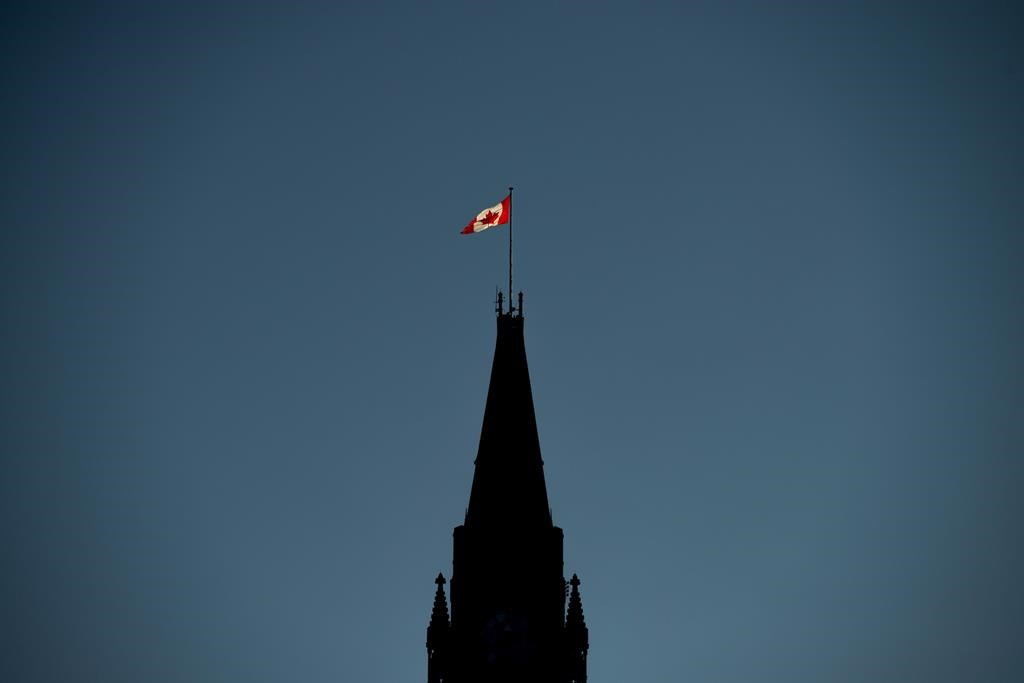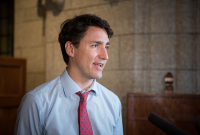Support strong Canadian climate journalism for 2025
Canada is not properly protecting diplomats and staff who face security threats at Canadian missions abroad, including many at high risk for terrorist attacks, violence and espionage, according to the federal auditor general.
Michael Ferguson's audit of security at Global Affairs Canada's embassies and consulates found "significant" failings in many places that need immediate attention.
An audit of six medium- and high-threat missions found "significant vulnerabilities in perimeter security at all sites."
Physical security, such as vehicle barriers, video surveillance, alarms and X-ray machines were missing or not working properly. At one of the places Ferguson's team spot-checked, the perimeter was determined in 2011 to have a "critical vulnerability," but a site visit this year found this problem hadn't been fixed.
"Overall, Global Affairs Canada had not taken all measures needed to keep pace with evolving security threats at its missions abroad," Ferguson says in his report, tabled in Parliament Tuesday. "This audit is important because missions are exposed to a range of security threats."
More than 7,800 staff members work at a total of 175 diplomatic and consular missions in 110 countries. As of November 2017, more than half of them worked in areas where political and civil unrest put their safety at risk.
Terrorist attacks in Europe, Africa and Asia as well as ongoing instability and armed conflict in the Middle East expose these staff members and diplomats to a wide range of security risks, which can vary and shift suddenly, the audit says.
Foreign diplomats from other countries have indeed been killed in terrorist attacks abroad, notably in the 2012 Benghazi attack that killed the U.S. ambassador to Libya and three other Americans.
Global Affairs is supposed to conduct threat assessments to identify risks for its Canadian missions every four years — and more frequently for higher-risk locations. More than a third of the missions the auditors checked had out-of-date assessments, including many in high- and critical-threat areas.
At four missions, the AG found no threat assessments at all.
Ferguson notes Global Affairs Canada did approve a plan in April, after much of his work was done, to hire more people to update these assessments.
Responding to the findings, Foreign Affairs Minister Chrystia Freeland laid the blame for these security gaps on the Harper government.
"For over a decade the previous Conservative government failed to make sufficient investments in security upgrades at our embassies and did not commit to mandatory security training for our diplomats," she said.
But in his report, Ferguson notes the department did receive $652 million over the past decade to improve safety and security at foreign missions. Many of the 78 construction projects that were initiated to upgrade security were at least three years behind.
Meanwhile, a quarter of the funding approved for these projects — $103 million — had not been spent, which resulted in the department's having to get special permission to hold onto $82 million of it rather than returning it to the national treasury.
Funding decisions for major upgrades were based on insufficient information and also hadn't involved the department's head of security for two years. Toward the end of the audit work in July, the department security officer was added to the committee that approves capital projects.
Alarm bells over security at Canada's foreign missions have been sounded for several years. A briefing note prepared in late 2015 for Prime Minister Justin Trudeau's newly elected government said the cost of keeping Canadian diplomats safe was rising faster than the government had predicted. The memo said Canadian diplomats face "evolving risks at a time when security resources are diminishing."
Then-foreign affairs minister Stephane Dion said protecting Canada's diplomats was his top priority.
Freeland said the government continues to view this as a priority and notes her department did promise in 2017 to spend $1.8 billion more over 10 years to bolster security at diplomatic compounds.
"This is a complicated job that has to be done in difficult places around the world, we are very committed to getting it done, we have devoted the money, we are devoting the resources and we will do it," she said.
In many areas he examined, Ferguson found problems had been flagged years ago, including with recommendations for solving them that just weren't followed.




Comments